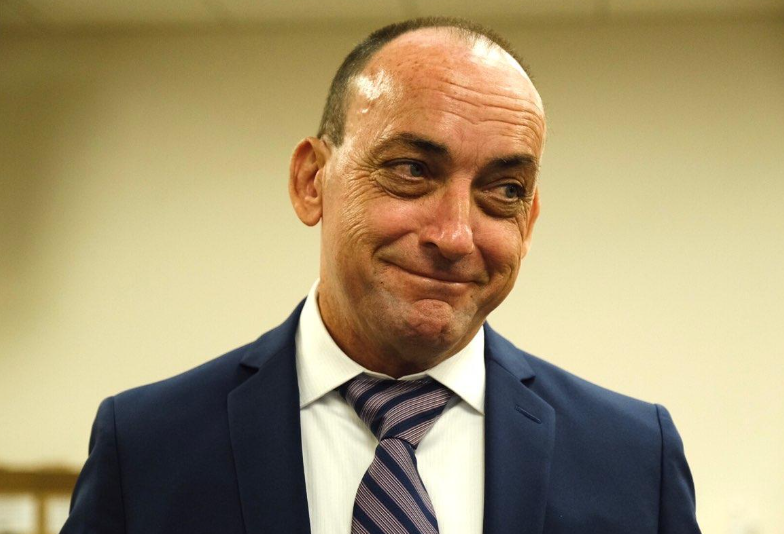RFK Jr. Claims Measles Can be Treated With Vitamin A

©️ Freepik
Robert F. Kennedy Jr. has recently sparked a lot of debate with his comments about the ongoing measles outbreak in the U.S. He made claims that the measles vaccine could cause similar issues as the virus itself, and suggested vitamin A as a treatment for the disease.
These statements have caused concern, as they contradict widely accepted medical guidelines. Health experts fear that this misinformation could fuel vaccine hesitancy and make the ongoing measles outbreak worse.
The Current Measles Outbreak

The measles outbreak in the United States has reached alarming numbers. The outbreak, which started in areas like West Texas and New Mexico, has now spread to other states, including Pennsylvania and California. In total, over 250 cases have been reported in 2025. Sadly, the outbreak has also led to two deaths, including that of a child who was unvaccinated.
Measles is a very contagious disease, and experts warn that it can lead to serious complications, such as encephalitis (brain inflammation) and even death. Despite this, some people remain hesitant to get their children vaccinated.
RFK Jr.’s Controversial Comments
During a cabinet meeting in February, Robert F. Kennedy Jr. downplayed the severity of the outbreak. He stated that measles outbreaks happen every year and that the current situation was nothing out of the ordinary. He also suggested that vitamin A could help treat measles, a treatment that is not backed by scientific evidence.
His comments have sparked strong reactions from health professionals, as well as the general public. By promoting vitamin A as a solution, Kennedy is pushing an alternative treatment that has not been proven effective in managing measles.
Experts Speak Out Against RFK Jr.’s Claims
Many health experts are alarmed by Kennedy’s statements. They believe that promoting unproven treatments and downplaying the risks of measles could make the problem worse. Dr. Julia Mason, a pediatrician with over 30 years of experience, criticized Kennedy’s comments, stating that spreading misinformation could lead to more parents refusing to vaccinate their children.

Vaccines are widely recognized as one of the most effective ways to prevent measles and other dangerous diseases. The claim that vaccines may cause harm is not supported by any scientific studies, and health experts argue that this misinformation can harm children and communities.
The Bigger Picture: Vaccine Hesitancy and Public Health
Kennedy’s comments are part of a larger conversation about vaccine hesitancy in the U.S. Many parents are concerned about the safety of vaccines due to misinformation spread by social media and certain public figures. This has led to an increase in vaccine exemptions and, in some cases, outbreaks of preventable diseases like measles.
In response, some states are tightening vaccination laws to prevent future outbreaks. For example, many schools are now requiring proof of vaccination before children can attend. This is seen as a necessary step to ensure public health and protect vulnerable individuals who cannot receive vaccines for medical reasons.
The Importance of Trusting Science
The ongoing measles outbreak highlights the need for accurate information and trust in science. While people are entitled to their personal beliefs, public health experts stress the importance of relying on credible sources and scientific research when making decisions about vaccines.
Vaccines have been proven to save lives and protect communities from dangerous diseases. The spread of misinformation can endanger these efforts and increase the risk of disease outbreaks. It is vital that people understand the facts and make informed decisions to protect themselves and others.
Read also: Why Now? Exploring the CDC Study on Vaccines and Autism


